Africa Day in Monaco "Green & Digital Africa" - 29 June 2022, Monaco -Club des Entrepreneurs Monégasques en Afrique
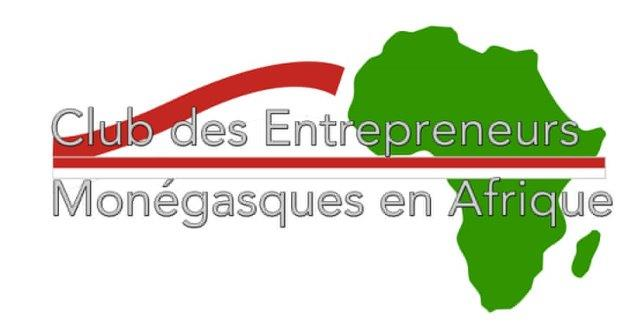
Africa Day in Monaco “Green & Digital Africa”
Mercredi 29 Juin 2022 - Yacht Club de Monaco
Organisé par le Club des Entrepreneurs Monégasques en Afrique
En coordination avec :
- Le Monaco Economic Board & FEDEM
- Afrique Magazine
- Le CIAN , la CBL-ACP & l’EBCAM
Avec le Support des autorités Monégasques et du Monaco Economic Board
Boosting Innovation Standards for SDGs: UNIDO–ISO Innovation Seminar and Innovation Labs
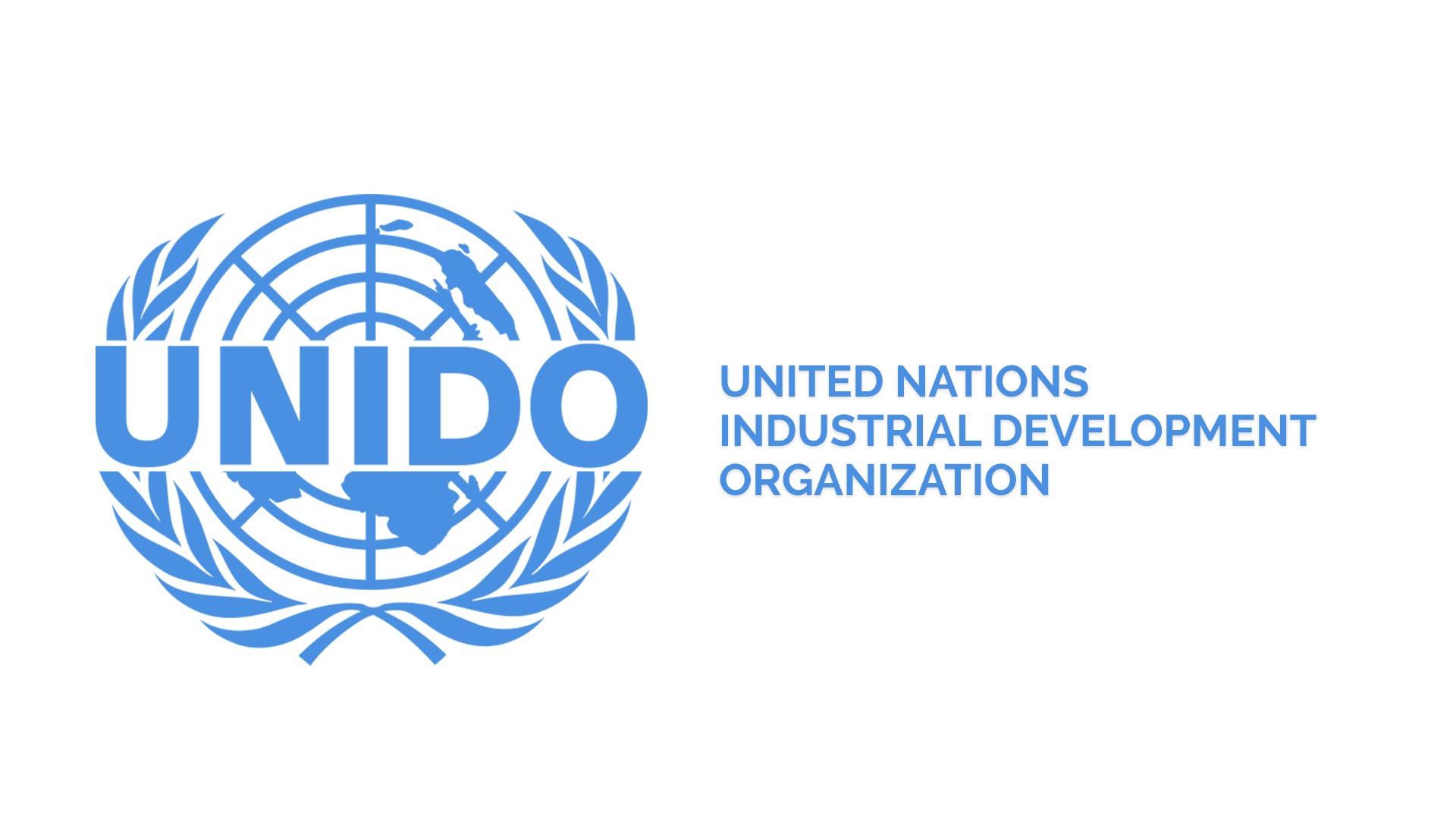
Date: 27 and 30 June 2022, 15:30-17:45 (CEST)
Hybrid, UNIDO HQ
Over the years, in line with its mandate of enhancing industrial development worldwide, the United Nations Industrial Development Organization (UNIDO) has helped many countries to integrate into the global economy by meeting regulatory and market requirements and establishing related national capacities, including national standards bodies (NSBs). Its work in this area subsequently led to a partnership with the International Organization for Standardization (ISO). The continued partnership between UNIDO and ISO is in response to the increasingly important role international standards play as a policy mechanism and as a market tool for trade and sustainable development.
International Smart City Congress
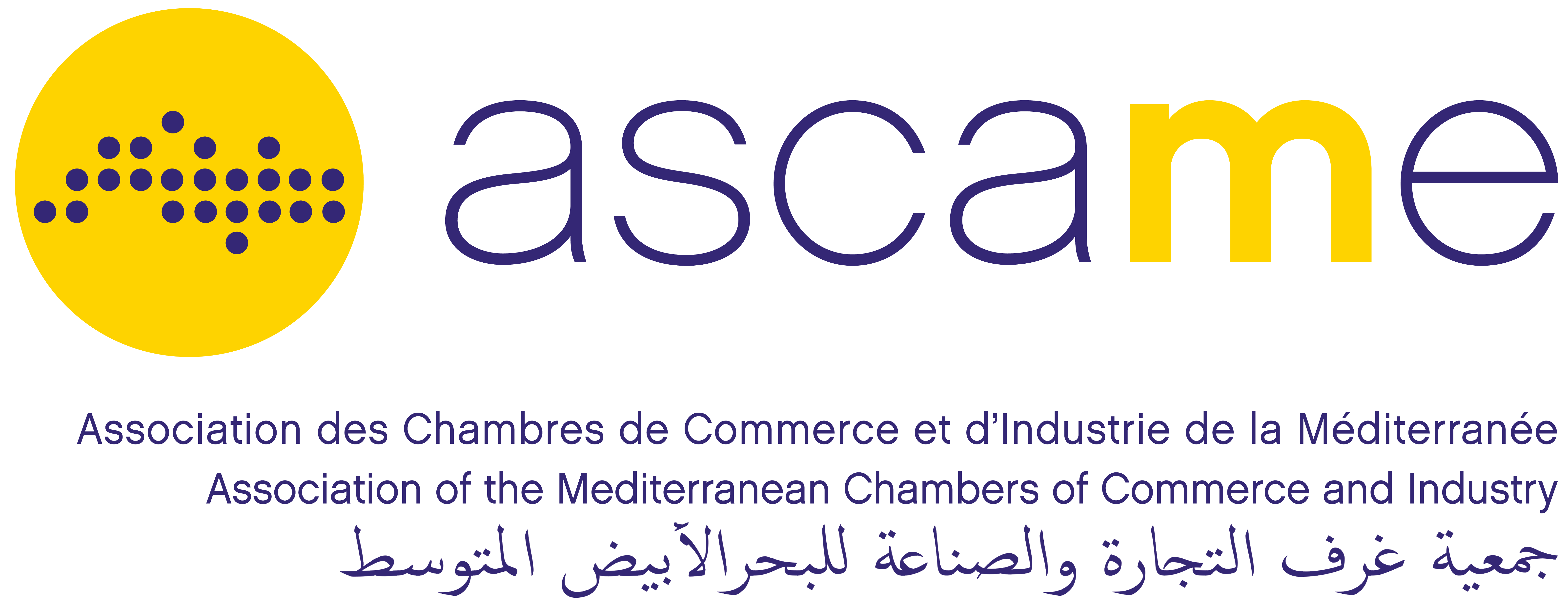
Date: 21-23 June 2022
CIC Algriers
ASCAME will support the Congress as a partner, in order to promote smart cities and sustainable development in the Mediterranean region.
Urban planning, waste management, water, energy efficiency, urban mobility, and so many other topical issues unquestionably remain at the heart of the changes in society.
Business Delegation to Nigeria: Education and Training
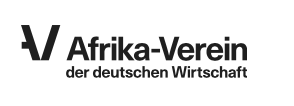
Date: 14-18 November 2022
Nigeria
On behalf of the Federal Ministry for Economic Affairs and Climate Protection (BMWK), the Afrika-Verein Veranstaltungs-GmbH is organising a business initiation trip to Nigeria for German companies in the field of education and training from 14 to 18 November 2022.
In 2020, Nigeria not only suffered from the Corona pandemic, but also from the collapsed crude oil prices and slipped into a recession with a 1.8 percent drop in GDP. In the meantime, the economy is already recovering, and growth of around 3.5 per cent is forecast for the coming years. Nigeria offers the necessary foundations for the expansion of production locations, especially in the areas of agribusiness, food processing, e-commerce and the construction and energy sectors. In addition, according to GTAI, the waste and recycling management sector is likely to gain in importance in the future. For Germany, Nigeria is the second largest trading partner in sub-Saharan Africa after South Africa, with a trade volume of over two billion USD.
Business Delegation Trip to Ethiopia: Waste and Recycling Management

Date: 19-23 September 2022
Ethiopia
From 19 to 23 September 2022, the Africa Association will conduct a business initiation trip on the topic of waste and recycling management to Ethiopia on behalf of the Federal Ministry for Economic Affairs and Climate Protection. This is a project-related funding measure. It is part of the Environmental Technologies Export Initiative and is carried out within the framework of the Market Development Programme for SMEs. The target group is primarily small and medium-sized German enterprises (SMEs).
Roundtable Morocco

Date: 3 June 2022, 13:00-14:30
Haus der Deutschen Wirtschaft, Berlin
In the context of the Morocco Now Roadshow of the Moroccan Investment and Export Development Agency (AMDIE) from 30 May to 3 June 2022 in Munich and Berlin, the Afrika-Verein der deutschen Wirtschaft e.V. (AV), the German Chamber of Industry and Commerce in Morocco (AHK Morocco) and the Association of German Chambers of Industry and Commerce (DIHK) cordially invite you to a roundtable.
Stavanger: Member meeting with the Norwegian Minister of Development
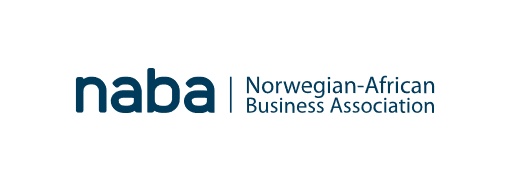
Date: 3 June 2022, 08:15-09:30
Laerdal Medical, Stavanger, Rogaland
The Norwegian-African Business Association (NABA) is hosting a meeting with the Norwegian Minister of International Development.
NABA members and partners in Stavanger are welcome to meet Norway’s Minister of International Development, Ms. Anne Beathe Tvinnereim for a breakfast session on Friday 3rd of June. The meeting is hosted by our member company Laerdal Global Health.
Launch of the Norwegian Renewables Guarantee Initiative with MIGA, ATI and key stakeholders

Date: 17 June 2022, 08:15-12:30 (CEST)
Oslo
Norad in collaboration with NABA invites interested stakeholders to join the launch of the Norwegian Renewables Guarantee Initiative, facilitating for interactions between energy companies and guarantee institutions.
Renewable energy and the energy transition are preconditions for low-carbon, green development.
Tanzania: A rising star in East Africa. NABA and Invest Africa business mission follow-up

Date: 9 June 2022, 13:00-14:00
Online
From May 3 - 6, 2022, the Norwegian-African Business Association (NABA), and the UK’s Invest Africa led a business mission to Tanzania, where a reform drive under president Samia Suluhu Hassanis driving investment, and fueling optimism about the country’s development prospects.
Foreign Direct Investment is estimated to have hit $4.14bn in 2021, more than triple the previous year, with growth (4.8% in 2022), averaging more than 6% since 2015.
Redefinition of Agriculture
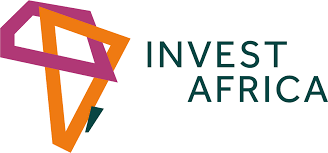
Date: 29 June 2022, 12:00-13:00 (CEST-1)
Africa’s agricultural sector is one of the world’s most diverse with unrivalled biodiversity. The well-developed commercial farming in Africa is the backbone to the continent’s agricultural economy. Agriculture plays a key role in food security in Africa and plays a crucial role to the economic sector, accounting for between 40%-65% of jobs.
Farming is expected to remain as an important source of livelihood for decades to come. Africa has unique export advantages geographically because of its location for cheap freight rates for high-volume, low-weight commodities.




